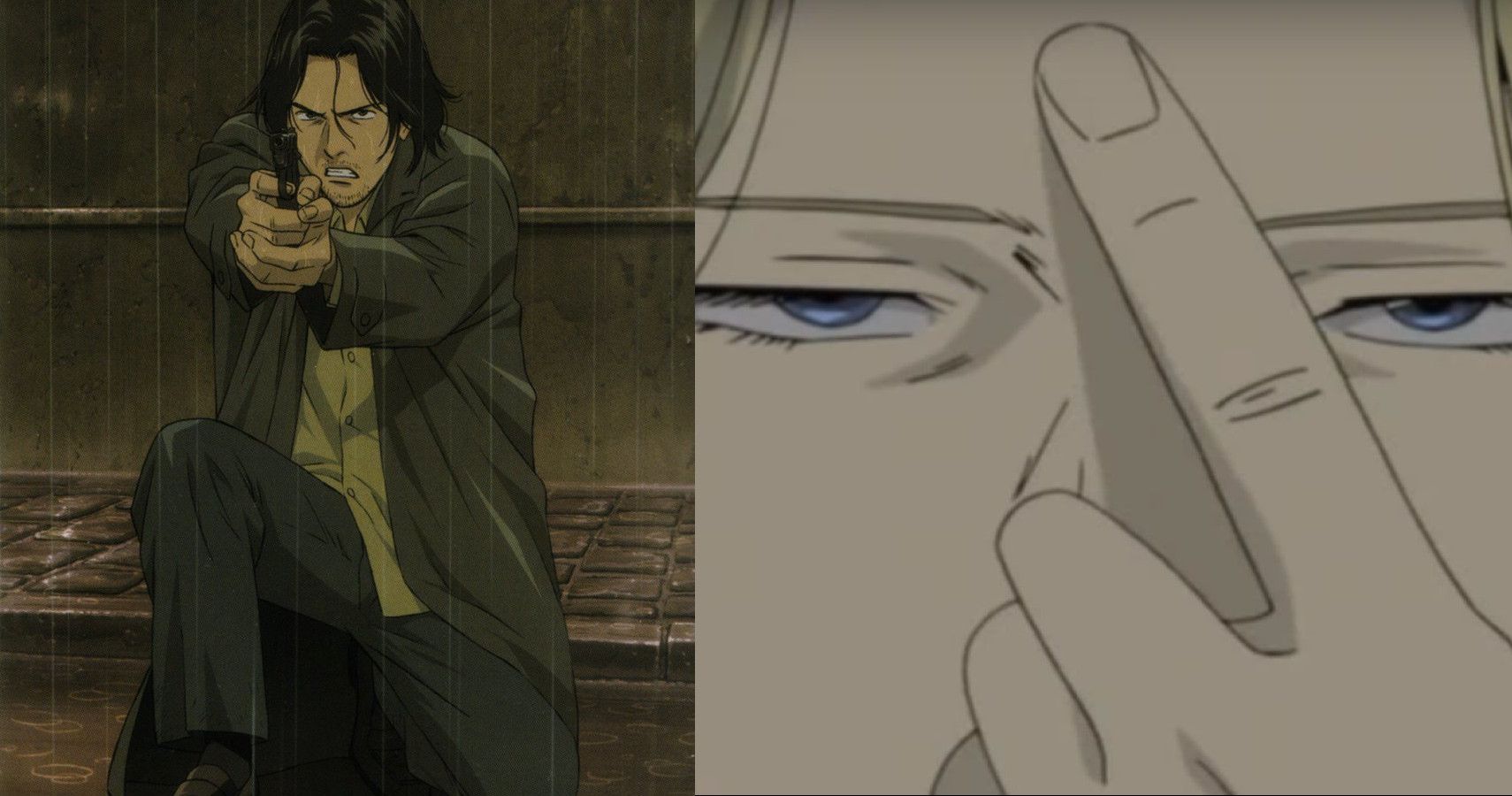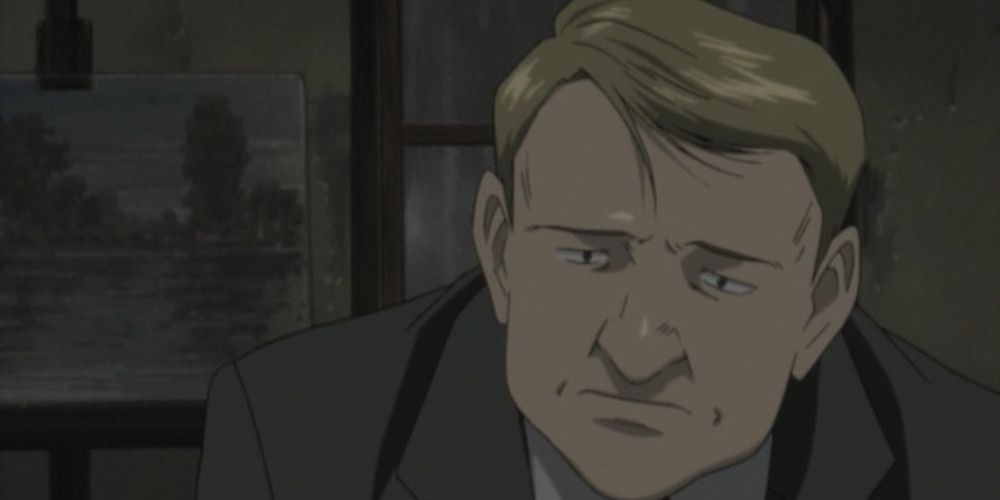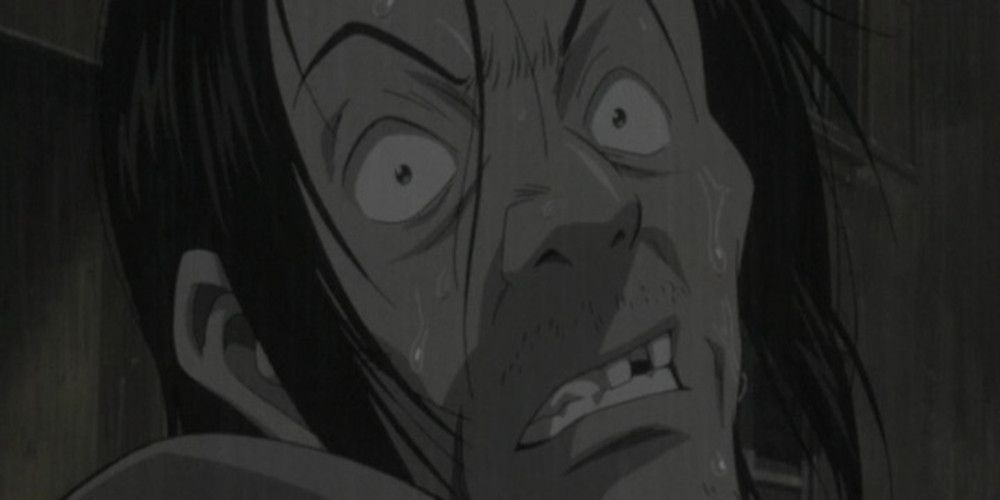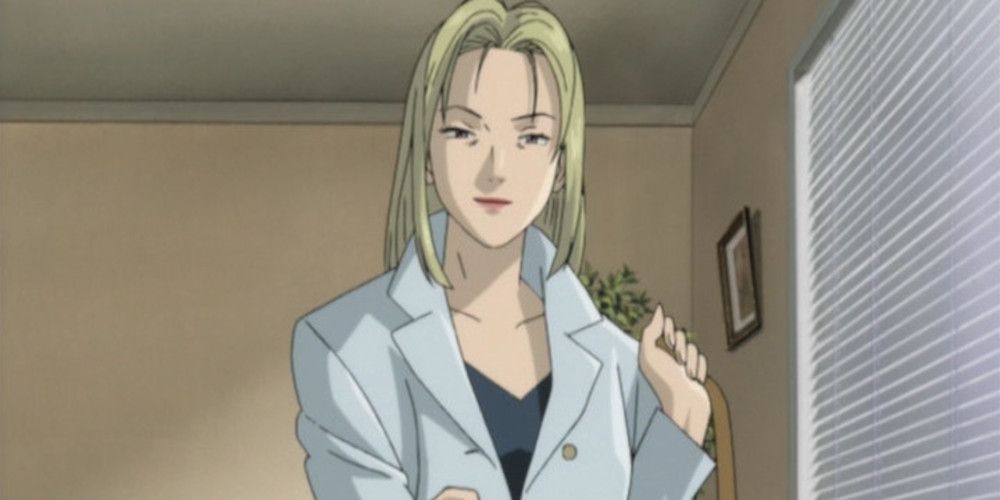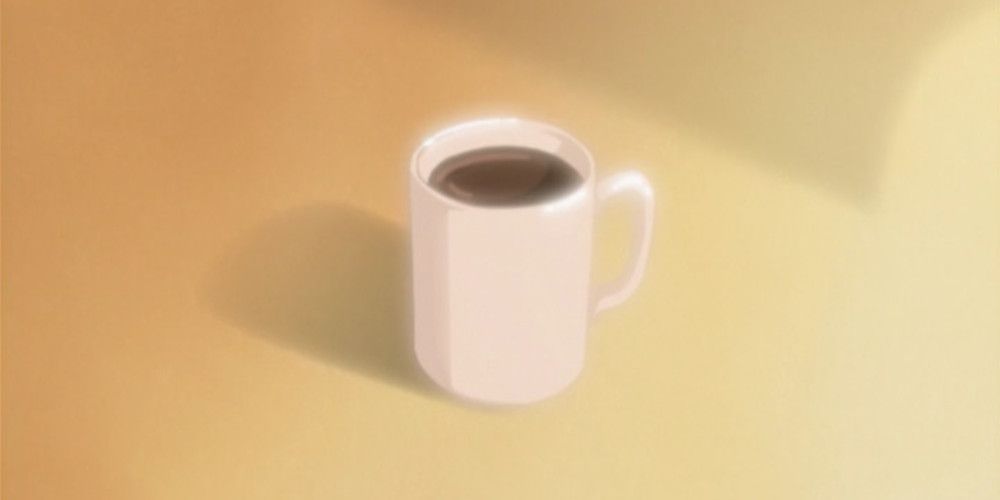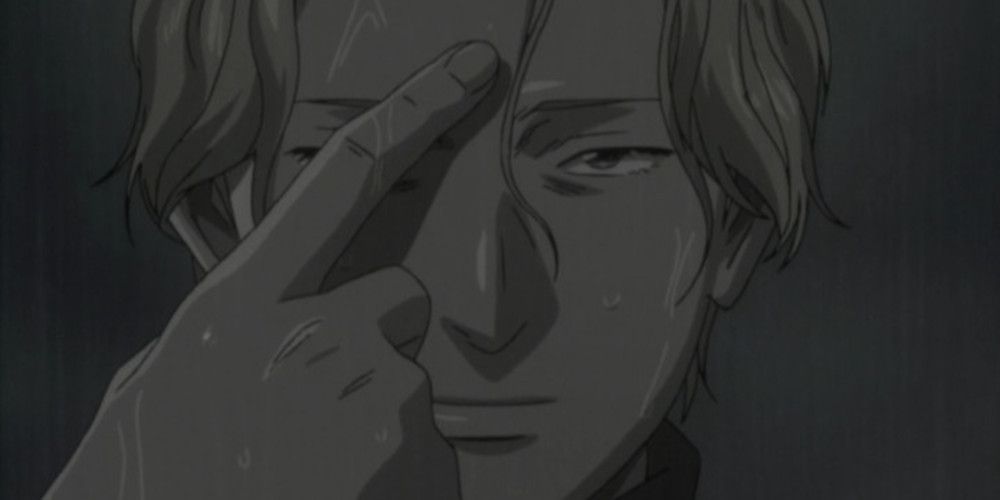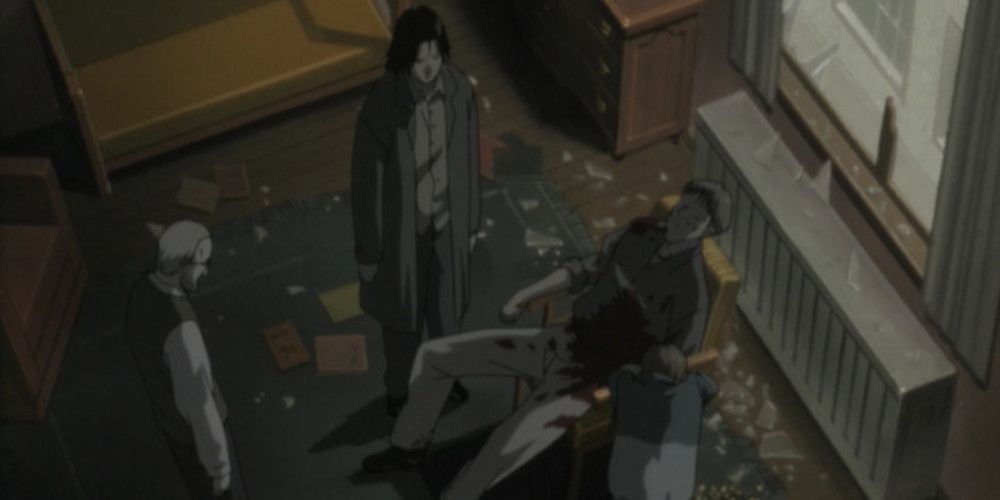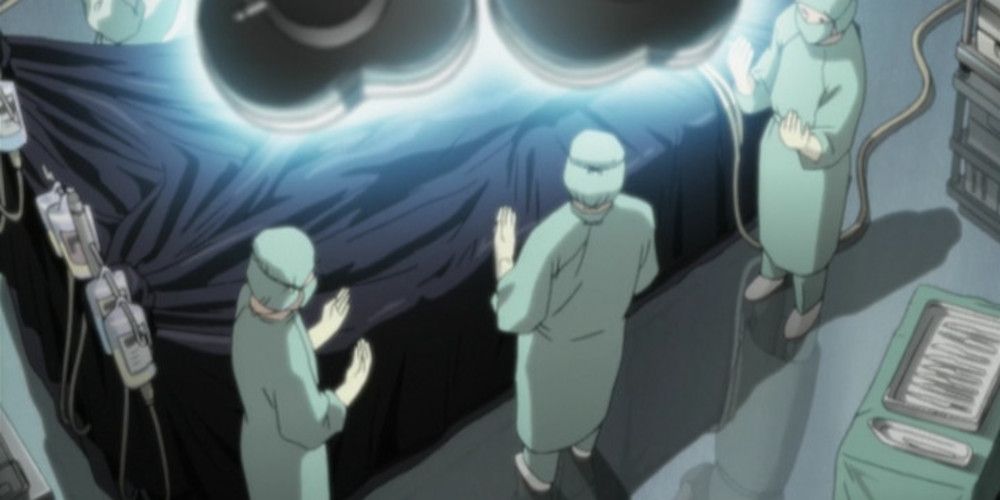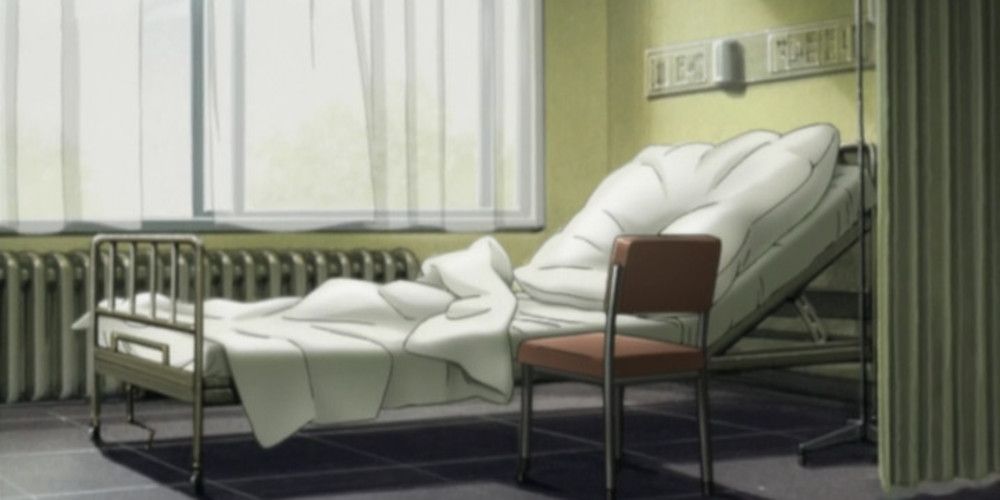Naoki Urasawa's Monster, whether in its original manga form or Studio Madhouse's anime adaptation, is a critically revered story and a cult classic. A psychological thriller that deals with philosophical themes, such as the nature of good and evil, as well as the tension between hedonism and nihilism, there's always something to further explore in Naoki Urasawa's magnum opus. Because the story left a lot to be unpacked, even Monster's ending requires further explanation.
Rather unsurprisingly, the story's ending was quite divisive. With many fans feeling unsatisfied, taking a step back to have a deeper look is imperative to making sense of some of the story's hidden meanings.
8 The Importance Of Dr. Rudy Gillen
To many people, Dr. Gillen's role in Monster's finale might have seemed a bit odd, as he's not that important of a character. Many people write off his inclusion as Urasawa wanting someone to accompany Nina, and Gillen simply being the most reasonable choice. But his purpose actually extends far deeper than that.
Gillen has a lot of similarities to Tenma, especially their shared past. But Tenma has been through much more over the course of the story, so by comparison, Gillen is more of a "straight man." His inclusion is also necessary to explain the situation to the police that show up after Johan is shot.
7 Foreshadowing With Herbert Knaup
Few people likely remember his name, but Monster fans surely know his face. After all, he is the one who shoots series antagonist Johan. This moment came as a real shock to many viewers, who were probably expecting someone like Tenma, Nina, or maybe even Lunge to be the one to finally put a stop to Johan.
However, there is some rather amusing foreshadowing regarding Knaup and his marksmanship skills. Numerous times before the carnage in Ruhenheim, other townsfolk comment that Knaup is so disorderly that he couldn't shoot someone if he tried. This is disproved when he shoots Mrs. Hirman's dog, but this is just a small taste of his role to come.
6 Eva Heinemann's Purpose
Eva doesn't show up in Ruhenheim, but she nonetheless has a few key scenes afterward. While speaking to Dr. Reichwein, she comments that she has started a job as an interior coordinator, namely for kitchens. This might seem weird for someone of Eva's financial background, but in many ways, that's precisely the point.
The thematic importance of this is that a meal is best when you share with other people. Eva, who was previously very self-absorbed, is now participating, symbolizing that she has improved her communication with others.
5 Roberto And The Cocoa
Roberto is one of the villains at the core of Monster's ending, but there is one mystery about him that is never directly answered. Why, after everything he did for Johan, did Johan still insist that Roberto could not see the scenery for a doomsday?
This is answered in an earlier scene where Roberto is talking to Lunge. Roberto comments that he is empty because he is devoid of memories, save for one: a pleasant moment when Johan offered him some hot cocoa. This is Roberto's sole anchor that keeps him from completely drowning in nihilism, but it is also the same reason that Johan deems him unworthy to see the scenery for a doomsday. Because Roberto, unlike Johan, is not truly empty. He only claims to be.
4 Johan Tempting Death
Johan pointing at his head is the character's most recognizable pose. Still, there's a hidden meaning behind this gesture. As a nihilist, Johan believes that there's no real meaning to life. This is how he is able to justify killing so many people, as well as routinely risking his own life. Pointing at his head is a recognition that his life is in great danger. However, rather than running from whatever is threatening him, he instead tests fate by challenging it.
Just as important is the fact that Johan lowers his right arm after Nina appears and forgives him. He knows after that Tenma is much more hesitant to shoot him. This is also why he takes Wim Knaup hostage.
3 The Purpose Of Wolfgang Grimmer's Death
Grimmer is a fan-favorite character, and his death made fans very emotional. But to many people, he seems to have died in vain, as he wanted to reveal Franz Bonaparta to the world and make him confess his crimes. Bonaparta later dies anyway, meaning that Grimmer's desire can never come true.
Rather, Grimmer's death serves another purpose entirely. It redeems Bonaparta. Many of the characters in Monster are, in a way, monsters. Bonaparta is no exception, being the instigator of many of the story's tragedies. But Grimmer's death serves to humanize his character. It emotionally moves him to the point where he regrets his past experiments and begins to seek atonement.
2 Circular Ending
This is surely one of the most memorable scenes of Monster's finale, if not one of the most memorable scenes of the whole show. Here, Tenma ends the story as he began it, by conducting surgery to save Johan's life. This is an example of circular storytelling, where a story's beginning and ending are linked.
More importantly, this represents how Tenma has managed to stay true to his ideals. Though Johan tried so hard to turn him into a murderer, he failed. In the end, Tenma is still as strong as ever, dedicated to life and bound by the Hippocratic Oath.
1 Did Johan Really Survive?
As expected of a multi-layered story like Monster, the finale concludes with one final mystery. Johan's empty hospital bed could mean a number of things. Of course, the open window nearby seems to suggest that Johan fled and escaped. But the earlier scene where Tenma confronts Johan complicates things.
There is a moment where Johan suddenly rises from his slumber to "speak" to Tenma about his mother. But when Johan finishes, Tenma blinks and Johan is once again sleeping. This heavily implies that what Tenma saw was no more than a hallucination. But this begs the question: if Tenma hallucinated Johan speaking to him, who's to say he didn't hallucinate Johan's existence? Perhaps Tenma never saved Johan at all, and he is simply speaking to Johan's corpse, or even an empty bed. And if Tenma didn't save Johan, was it out of his control, or did he allow him to die on purpose?

